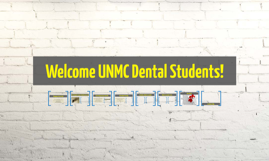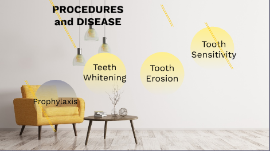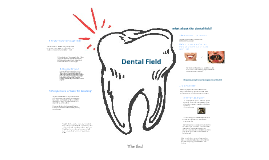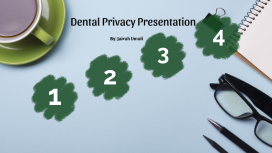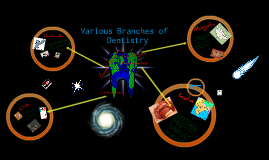Dental presentation
Transcript: Given remit for this lecture “Its something of an overview of what it’s like to work in Community Dental Services”. Who knows the difference between working in the Community Dental Services and the High Street GDP? IT IS THE SAME AS WORKING IN ANY DENTAL PRACTICE! The main different in my opinion is a) the allocation of time for the patient’s care b) there is no hassle as to the number of (units of Dental activity) UDA that is required per week, month or year. c) the patient is treated more as a person than as a number. Some cautionary notes Not much of the pharmacological processes of any drugs or the pathology of the diseases has been entered into. In all medical emergencies of the ‘special needs’(and other patients) if treatment had started, you MUST STOP at wherever you are and manage the patient FIRST. What is said here is not strictly for the Community dental services, hopefully you should find it useful for life. Be sure to know where the emergency medicines are stored in the surgery you are practicing especially the Oxygen and masks. Lecture notes bordering on medical emergencies would be mentioned when applicable. This proves that no patient could be managed in isolation from their medical needs. In other words, either the patient is in control or the condition is. It may seem as though the lecture contradicts itself, as on one hand, for example "diabetes" is considered "special needs", BUT not all diabetes are accepted as special needs patients. What you hear today, is the same requirement expected from you even in the GDP surgery. In reality, every child and every parent for that matter, has a very special need for love, acceptance and a feeling of belonging from the other members of its family. In the United Kingdom, it appears that "special needs" often refers to special needs within an educational context and it is a way to refer to students with disabilities. In the USA, "special needs" is a term used in clinical diagnostic and functional development to describe individuals who require assistance for disabilities that may be physical/medical, cognitive/mental, or psychological. Children and adults including the middle aged with disabilities and additional needs pose numerous challenges to the provision of oral healthcare. The number of middle age people with disabilities and additional needs is increasing for a number of reasons, including: 1: Improved paediatrics care – more children born with complex and multiple disabilities are surviving into adulthood. 2: Life expectancy for people with disabilities and chronic disease is increasing and more of them survive into middle age. 3: Individuals may acquire a disability or progressive disease in middle age. As well as increasing numbers of individuals, other challenges include: The deinstitutionalisation of adults from large institutions and care homes to smaller community group homes, where clients are encouraged to live more independently and where there may be less rigorous daily oral care, less supervision of diet and less support in accessing oral health services. The lack of a register for people with disabilities and additional needs makes it difficult to ensure equitable access to oral healthcare. People with severe disabling conditions may be overwhelmed by the physical, medical, social and financial demands of the disability so that oral care takes a low priority in their life until there is a problem. Criteria for the Community Dental Service include: Adults and children with learning disabilities Adults and children who are housebound – domiciliary Adults and children with physical (including sensory) disabilities Adults and children with complex medical histories Adults and children with severe mental health problems Adults and children with severe dental phobia (Subject to a referral from a healthcare professional) Adults and children with behavioural problems Adults and children with drug or alcohol problems Adults and children with HIV, AIDS, hepatitis C Adults and children who are homeless or temporarily housed Adults and children under the care of social services or children with complex social problems COMMON SPECIAL NEEDS The special needs list is endless: Mental health problems: Dementia Agoraphobia Medical conditions: Asthma Diabetes Epilepsy Huntington disease Kidney disease Developmental conditions: - Autism - Agoraphobia - Dyspraxia - developmental dyspraxia is an impairment or immaturity of the organisation of movement. It affects the planning of what to do and how to do it. It is associated with problems of perception, language and thought. - Hearing impairments - Mobility impairments - Visual impairments Complex medical needs: Physical disabilities or challenges – wheelchair users. Emotional challenges – dental phobias, anxiety etc Patients who have developmental disabilities and epilepsy can be safely treated in a general dental practice. A thorough medical history should be taken and updated at every visit. A







